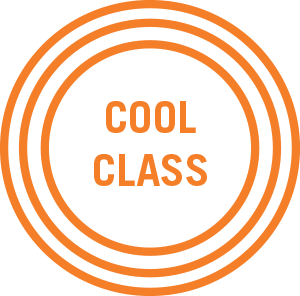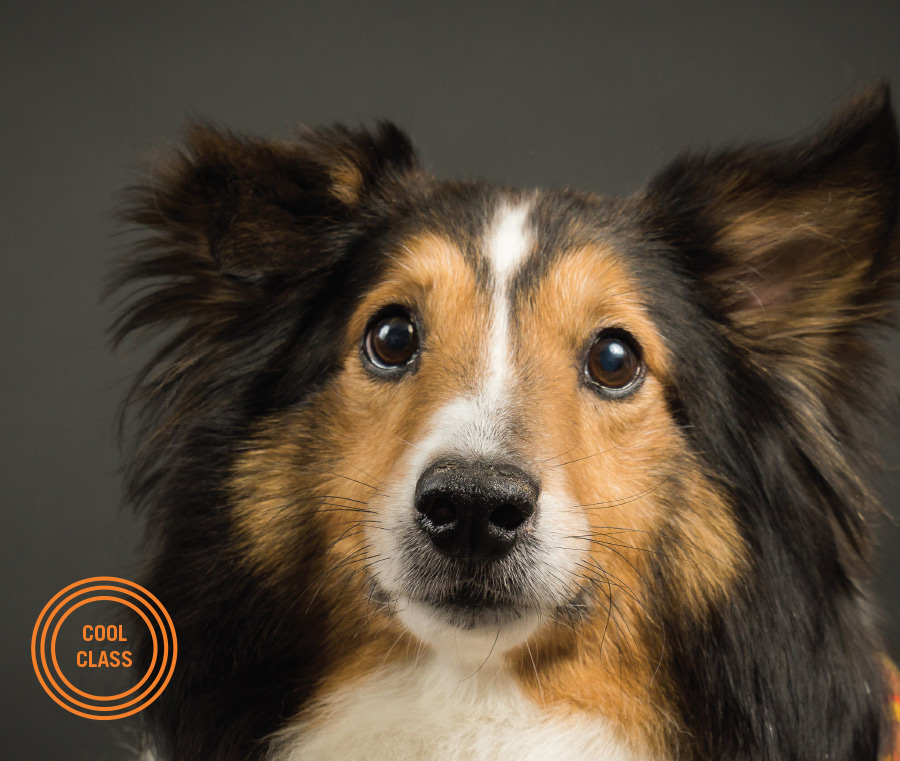

“In this course, students devise behavioral tests of learning and memory abilities in dogs and conduct simple experiments to investigate dog cognition. Neighbors in the Lewisburg community volunteer to bring in their canine best friends as test subjects, and in return get to learn a little about their dogs’ habits.
“This class allows students to view the research process from the researcher’s perspective, so they experience what goes into conducting a scientifically sound experiment. Students design their projects from start to finish, coming up with an experimental question, establishing procedures, testing the dogs and interpreting their data. They also gain practice communicating their research to an outside audience at a semester-end research poster session.
“The focus is on dog behavior partly because dogs are smart and mentally sophisticated, yet there’s not much published on dog cognition compared to that of traditional lab animals. In this course, students can take principles that have been studied extensively in rats, mice, pigeons and primates and ask, ‘How could we adapt the procedures to study canines?’
“This presents students with real challenges, such as figuring out how to get dogs to understand instructions to complete tasks. Sometimes dogs look for loopholes or pick up on subtle cues students didn’t intend to deliver. This forces the student researchers to think carefully about how to interpret what they’re observing. In animal behavior research, as in many areas of psychology, we’re interested in studying mental variables that can’t be directly observed — things like memories, associations and motivations. We need to make careful measurements of observable behaviors to draw strong inferences about the hidden psychological processes underneath.
“Ultimately, conducting hands-on experiments helps to make students more thoughtful consumers of research. When they have to make decisions about how to set up an experiment and measure variables, they begin to notice all the factors that can nudge their data in one direction or the other. This experience primes students to consider alternative explanations and makes them more rigorous critics of evidence.” — Kevin Myers
Photo: John Gaylord, Outside the Lines Pet Photography